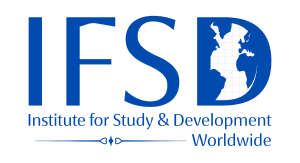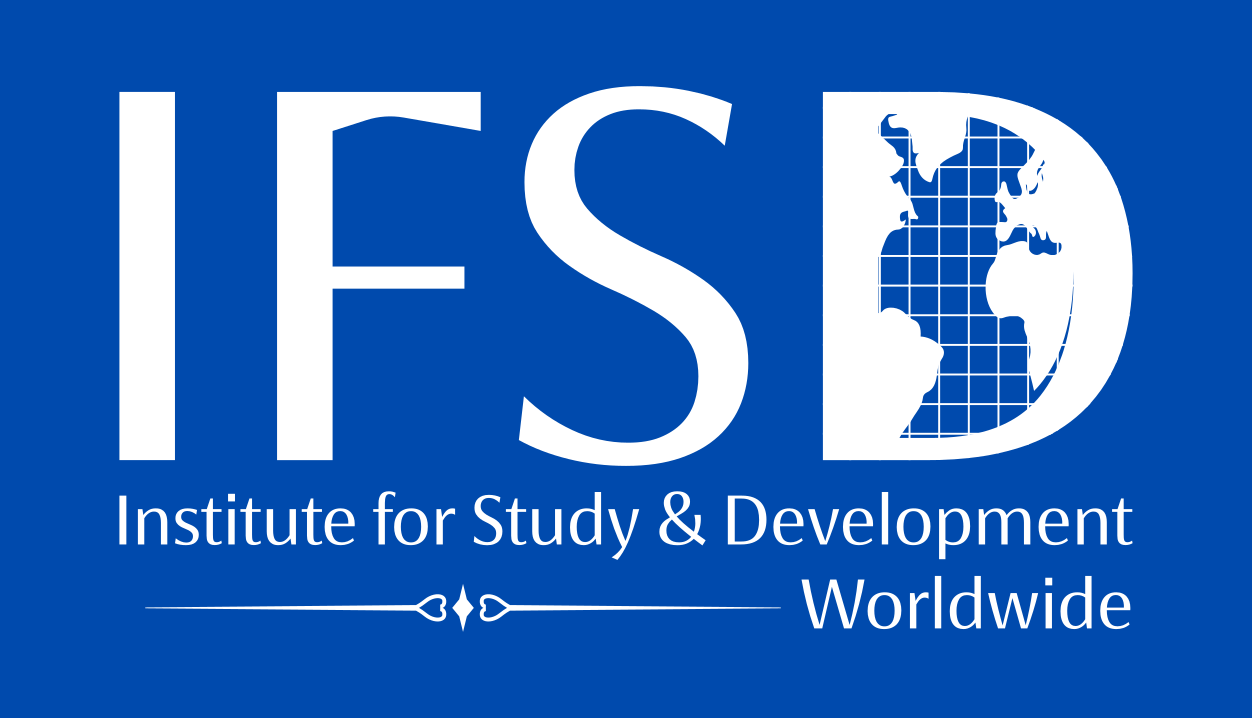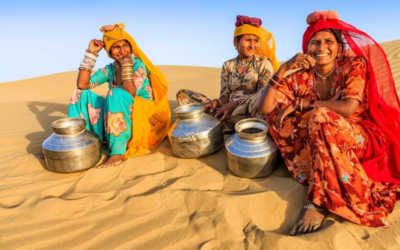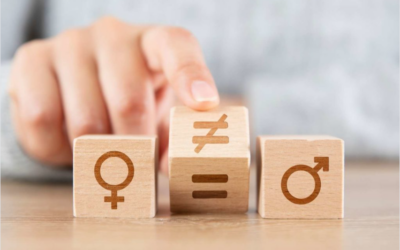Gender inequality is a serious global problem that is deeply rooted in our society, where discrimination starts before a child is even born. Gender...
Gender Transformative Lab
Gender Transformative Lab for Climate Resilience and Inclusive Development
Why Gender Transformative Lab (GTL)?
Gender injustice is widely acknowledged as a priority area of development action. In the past few decades, we have made successful achievements towards gender equality, but we still have a long way to go to close the gender gap. The current rate of progress is extremely slow, as the Global Gender Gap report says that it will take another 132 years to achieve gender equality if we continue at this pace. Clearly, we need faster and transformational change to address the gap, and the change needs to happen across all aspects of social structure, including gender norms, gender-inequitable economic institutions, and patriarchal mindsets in everyday life.
Gender Transformative Lab (GTL) is designed to facilitate critical reflections, knowledge sharing, practice-based dialogues, with a view to investigate policy and strategic solutions to achieve gender equality. GTL will bring cutting-edge research and practice-based insights from different contexts to identify actionable opportunities for gender transformative change.
GTL adopts a result-oriented approach to catalyze transformative and critically reflective conversations among diverse stakeholders engaged in policy, practice, and research sectors of various domains. Three objectives of GTL include:
- Critically interrogate and understand how gender transformative change can be achieved,
- Create a community of practice among researchers and practitioners to stimulate learning, generate new knowledge, and advance it,
- Identify and offer options and possible solutions to be adopted by decision makers at policy, strategic management, and operational levels.
Wider context of gender inequality and the need for transformative thinking and action
Gender-based inequality is systemically rooted in our culture, norms, beliefs, behaviors, policies, and practices. Such inequalities are more pronounced in developing countries as compared to those in developed countries. Gender Inequality Index (GII), a tool used by the UNDP, includes dimensions such as reproductive health, empowerment, and labour market to calculate the inequality between men and women, shows that developing countries have a higher inequality index than developed countries.
Many of the developing countries particularly suffer from deep-rooted patriarchy where girls experience discrimination before they are even born. The patriarchal mindset, which considers girls inferior to boys and treats them, accordingly, perpetuates discriminatory stereotypes, behavior, and socio-cultural norms.3 Girls continue to be treated unfairly in every aspect of their lives and on an everyday basis to the point where discrimination usually becomes internalized. This is what we call a ‘harmful mindset’, which is acting as a barrier to change, requiring transformational thinking and action.
As inequality perpetuates, women and girls are becoming more vulnerable in moments of crisis than men and boys. The existing global challenges like food insecurity and climate change disproportionately affect women and girls. Not only does it affect their livelihoods, as women are more dependent on natural resources than men, but the socioeconomic tensions that arise due to these crises often intensify the discrimination and abuse that they face.
Transformation of what? Mindset or material well-being?
A plethora of research has found that women and girls are less influential and are lagging behind compared to men and boys. Women often lack knowledge, are denied rights that would allow them to be empowered, such as education, and experience prejudice which creates additional hurdles in their growth, especially in terms of their career, and the list goes on. Moreover, the current developmental practices see ‘material well-being’ (often induced externally) as a major achievement, often regarding it as the only indicator of empowerment or equality. Much of our development efforts fail to penetrate discriminatory cultural norms, which have continued to persist for generations.
Transformative change for gender equality should challenge existing discriminatory norms and power imbalances between men, women and other gender identities. Efforts of transformative change should facilitate social, cultural, and structural shifts rather than just addressing issues at the surface. Often, gender equality efforts are ad hoc lacking systemic approach, allowing the existing cycle of inequality to continue, while repeating the same process every time. It is therefore vital to reflect on the efforts and outcomes and head in a direction which assures that the efforts being made are effectively mobilized, towards catalysing lasting and transformative change.
Where to look for solutions?
Transformative change can only be achieved through collective actions among all actors, including champions of change. There can be many ways to cataylse change but what we are proposing here is to advance a critical conversation, dialogue, and collective reflections to inspire new thinking and action. By combining our expertise on gender, extensive experience in international development, and practical experience in successfully implementing the policy lab methodology, we are launching the Gender Transformative Lab (GTL).
GTL prioritizes collaborative learning and will entirely focus on understanding and critically analysing the contextual knowledge from concrete case studies. Each Lab will focus on a particular sector combined with gender (based on IFSD’s sectors, region, and theme e.g.: gender and climate change, gender and forestry/biodiversity, gender and water, gender and food security, and gender disaster risk reduction, integrating gender equity policy in climate loss and damage. With regard to geography, we focus on Himalayan Asia, Southeast Asia, and the Pacific.
While the need for inclusive and transformative actions for ecosystem restoration is essential worldwide, we feel that the countries listed below will benefit most significantly from the RESTORE Learning Hub.
Leadership and Coordination
The GTL is hosted by IFSD and convened by Dr. Basundhara Bhattarai, Senior Gender Equality, Disability and Social Inclusion Advisor at IFSD. Her gender works span from research, development practice, capacity building, mentoring, program monitoring and evaluation, policy analysis, to women empowerment mainly in the Asia Pacific for about 25 years. She has developed and applied principles and procedures of social justice across a range of disciplines including food and water security, agro/biodiversity, climate adaptation, disaster risks reduction, and ecosystem-based adaptation. ‘Transformative Approach’ to gender equality and social inclusion is one of the core strengths in her analysis and interventions.
IFSD’s GTL secretariat will be coordinated by Priyanka Gurung, Research Officer and Purnima Banjade, Content Writer at IFSD.
- We aim for 10 GTL events with relevant experts from various parts of the world and sectors, but the goal is quality over quantity.
- Criteria of engagement: Those who will create an engaging environment to support in-depth focused discussion, someone who have engaged in the agenda of transformation.
How can you contribute?
If you are keen to contribute or learn about gender transformative change, then you can join as a member of the GTL’s outreach forum. The Lab itself will include a small number of active participants, “GTL resources persons” invited by the GTL secretariat, based on specific issues and topics. The group will include participants of diverse backgrounds, expertise, experience, and gender.
GTL resource persons involved in the GTLs may present case studies, contribute to stimulating discussions, or they can choose to be involved later in analysing and writing up various knowledge products.
Timeline
We are planning to organize a total of 10 GTLs with one being held every 3 months.
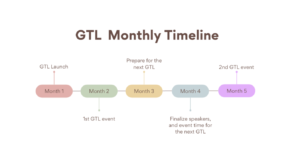
Latest
Reducing gender inequality in urban water management in Nepal
In towns and cities at the foot of the Himalayas, women play a vital role in supplying water and its management, but ironically, their voices are...
Is Gender transformative change possible?
Despite significant international development efforts to promote gender equality, achievements remain limited. Dr Basundhara Bhattarai, Senior...
